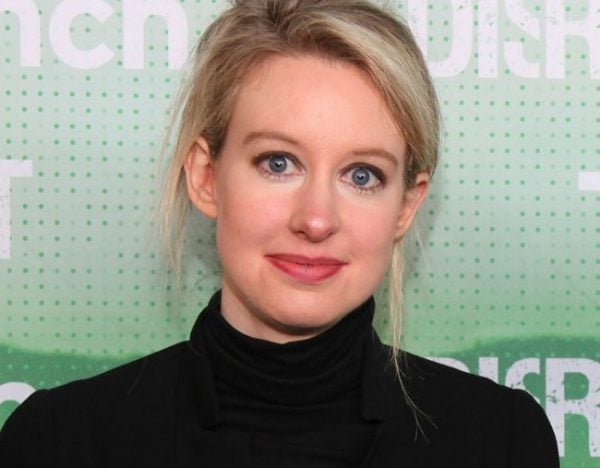In 2015, 31-year-old Elizabeth Holmes was declared the next Steve Jobs.
In the same year, the tech entrepreneur was named one of TIME’s Most Influential People in the World, one of Forbes’ Most Powerful Women, and earned the title of Glamour magazine’s Woman of the Year.
Twelve months later, Holmes would earn herself just one title: Fraud.
At school, the blonde-haired, blue-eyed student was renowned for being tirelessly optimistic. She had a “particularly warm smile” and was known to be exceptionally studious.
Holmes was accepted into Stanford University and named a President’s Scholar, which provided her an opportunity to fund her own research project. Specialising in chemical engineering, Holmes was motivated by entrepreneurial ambitions, developing a wearable drug-delivery patch in 2003.
In the same year, Holmes founded a health technology company titled Theranos – a combination of the two words ‘therapy’ and ‘diagnosis’.
The company promised to revolutionise blood tests, motivated by Holmes’ own fear of needles.
Simply, the technology offered to make blood testing cheaper, more convenient and more accessible, using only a very small amount of blood from the patient obtained by a simple finger prick.
When Holmes pitched the idea to her chemical engineering professor, Channing Robertson, he immediately asked why this was something she wanted to do.


Top Comments
Does anyone else think it's creepy that she dressed like Steve Jobs?
It’s a little bit ‘Single White Female’, maybe.
Is sitting on a board with Bill Clinton something to aspire to?